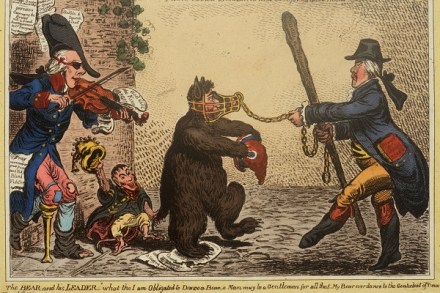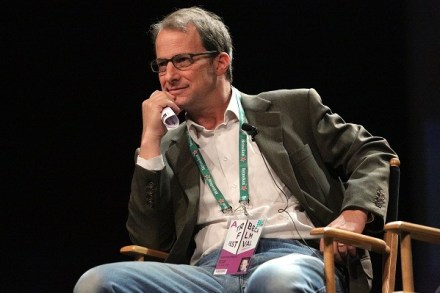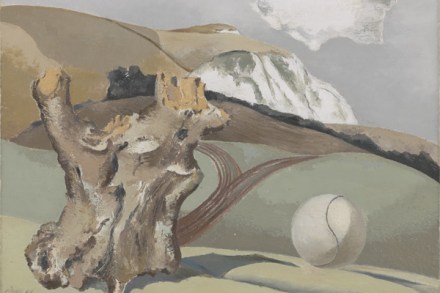Henry Addington thought Robert Peel was bad. What would he have made of David Cameron?
Henry Addington, first Viscount Sidmouth, was briefly and, on the whole, ingloriously Prime Minister at the beginning of the nineteenth century and then spent nearly ten years as Home Secretary at a time when Britain seemed as close as it had ever been to violent revolution. In both capacities he displayed an unwavering conservatism which seemed inexcusable to his political opponents and sometimes even caused disquiet among his supporters. He was a relic of the eighteenth century who signally failed to adjust to the realities of the nineteenth: when the Great Reform Bill was passed in 1832 it seemed to him bound to lead within a few years to the














